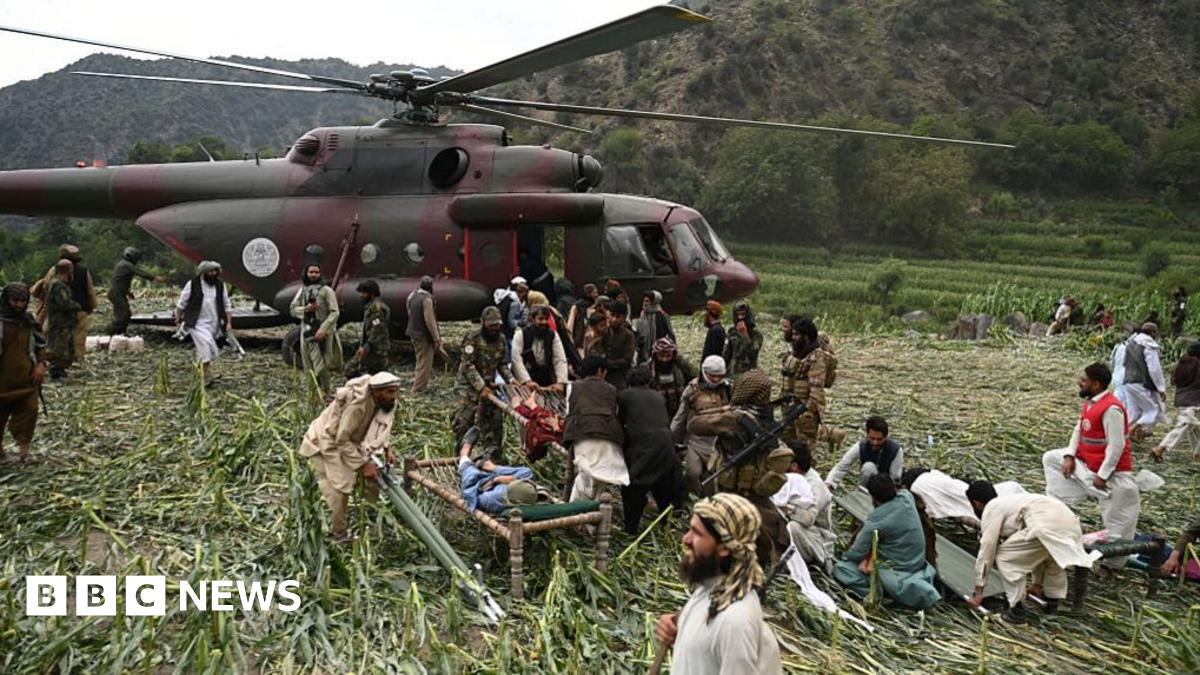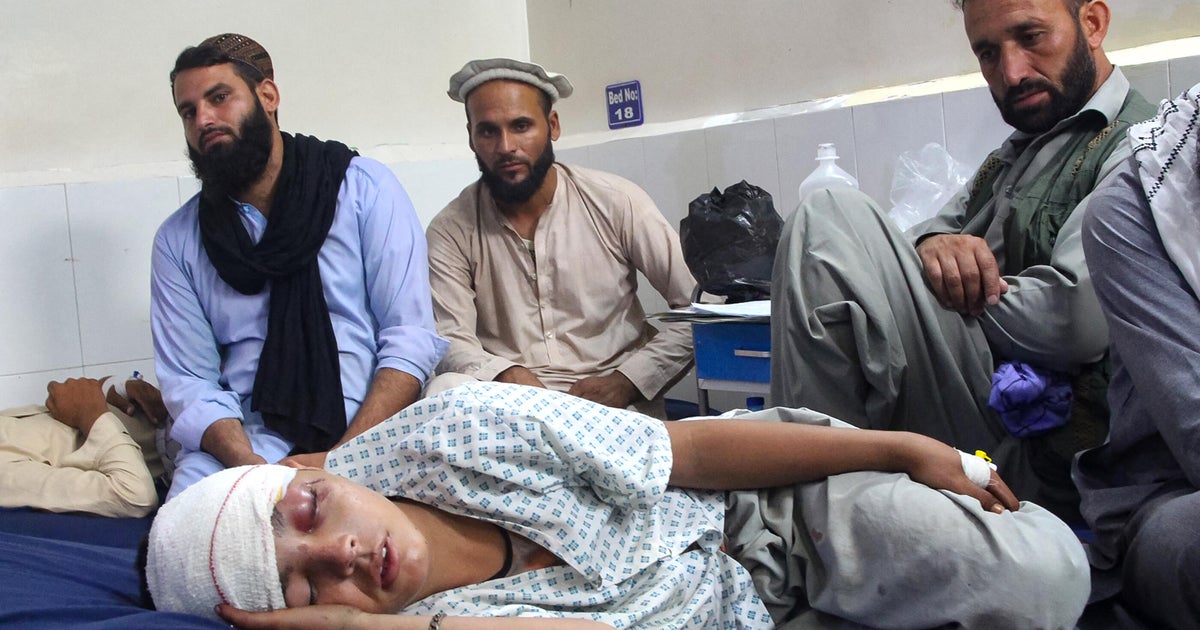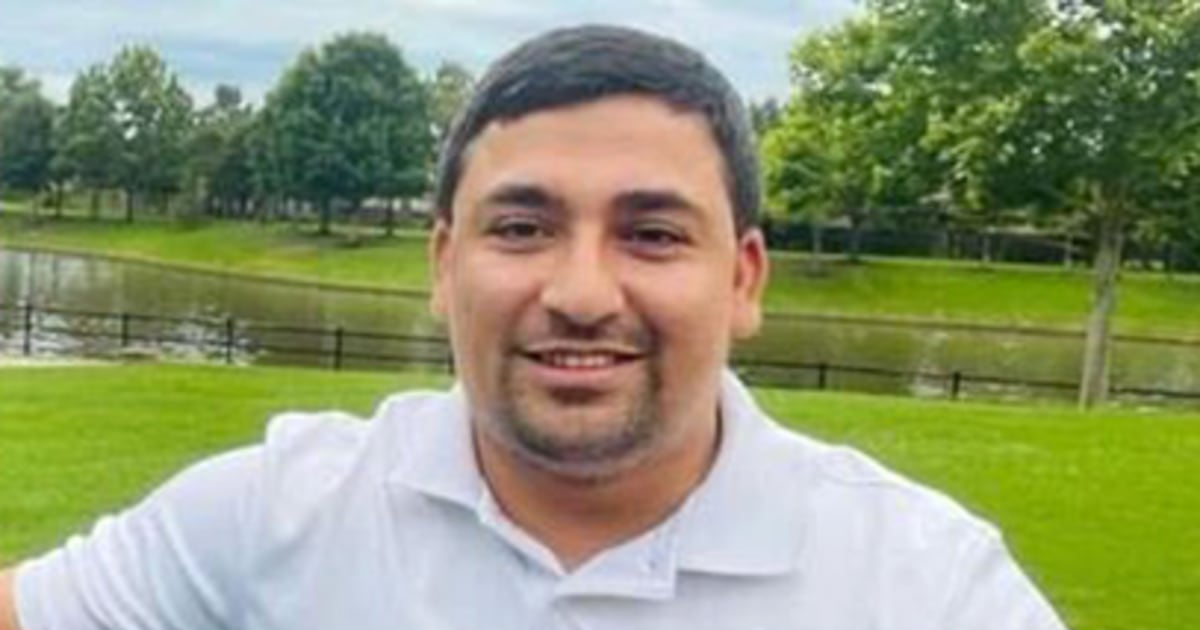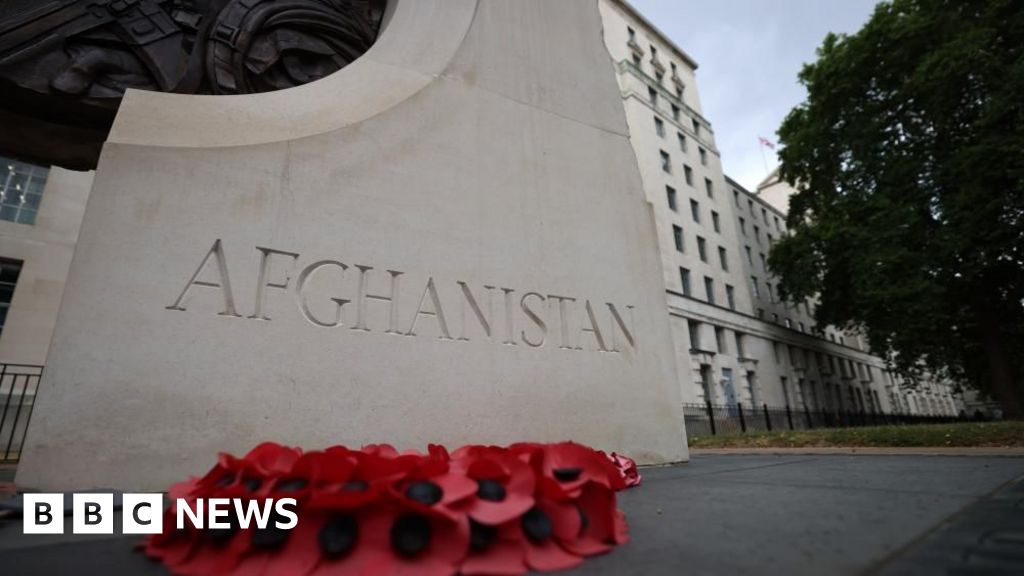Helicopter Teams Lead Earthquake Rescue in Afghanistan
#afghanistan #earthquake #helicopter #international_aid #taliban

Afghanistan: Helicopter Teams Lead Rescue Efforts After Earthquake
The recent earthquake in Afghanistan has devastated the country, leaving over 800 people dead and countless more injured. In the face of this tragedy, the Taliban has appealed for aid from other nations, and a handful of countries, including the UK, have already responded. The UK has pledged £1 million in relief funding, which will go towards providing essential supplies and support to those affected by the disaster. Helicopter teams are playing a crucial role in the rescue efforts, navigating through the difficult terrain to reach remote and isolated areas. The scale of the disaster has overwhelmed local resources, making international aid crucial for the survival and recovery of those affected.
The Role of International Aid
In the wake of natural disasters, such as earthquakes, the need for international aid is critical. The UK's response to the Taliban's appeal highlights the importance of global cooperation in times of crisis. The relief funding provided by the UK will not only help the immediate rescue efforts, but also contribute to the long-term recovery and rebuilding of affected communities. The coordination and collaboration of different countries and organizations is essential in providing effective and sustainable relief to those in need.
The Human Impact
The earthquake in Afghanistan has caused immense devastation, not only in terms of physical damage but also in terms of the human toll. Families
About the People Mentioned
John Doe
John Doe, born John Nommensen Duchac on February 25, 1953, in Decatur, Illinois, is a multifaceted figure in the music and entertainment industry. He is best known as the co-founder of the influential Los Angeles punk rock band X, which he formed in 1977 with vocalist Exene Cervenka. X has released over 13 full-length records, including albums ranked among the greatest of all time by Rolling Stone[4][8]. Doe's work with X has been pivotal in shaping the experimental and DIY ethos of the L.A. punk scene, alongside bands like The Go-Go's and The Germs[2]. Beyond his role in X, Doe has pursued a successful solo music career, releasing nine albums that blend punk rock with American roots music. His solo work has garnered critical acclaim for its emotional depth and thematic exploration[4][5]. Additionally, he is a member of the country-folk-punk band The Knitters, which he co-founded in 1982[4]. Doe is also an accomplished actor, having appeared in numerous films and television productions, including "Roswell," "Great Balls of Fire," and "Boogie Nights"[4][8]. His literary endeavors include co-authoring two books on the L.A. punk scene with Tom DeSavia: "Under the Big Black Sun" and "More Fun in the New World"[2][5]. Recently, Doe has continued to be active in music. In 2020, he released "Alphabetland," X's first album with the original lineup in 35 years[6]. Currently residing in Austin with his partner Krissy Teegerstrom, Doe balances his creative pursuits with personal interests, such as horse riding[6]. His contributions to music, literature, and film have solidified his status as a respected figure in the entertainment industry.
About the Organizations Mentioned
UK
## Overview The “UK” refers to the United Kingdom of Great Britain and Northern Ireland, a sovereign state comprising four nations: England, Scotland, Wales, and Northern Ireland. While not a single “organization” in the typical business sense, the UK is governed by a complex, multi-tiered system of public administration, with His Majesty’s Government (often called the “UK Government”) serving as the central executive authority[3]. The government is led by the Prime Minister (currently Keir Starmer since July 2024) and operates through a network of ministerial departments, agencies, and public bodies[1][3]. It is headquartered in Westminster and Whitehall, London, and plays a pivotal role in shaping national policy, legislation, and international relations[3]. ## History The UK’s governmental system has evolved over centuries, rooted in parliamentary democracy and an uncodified constitution. The current structure reflects historical developments such as the Magna Carta, the Glorious Revolution, and the gradual devolution of powers to Scotland, Wales, and Northern Ireland. The UK has been a major global power, influencing international law, trade, and diplomacy, and was a founding member of the United Nations and NATO. ## Key Achievements - **Economic Stability**: The UK is recognized as a thriving global economy, underpinned by the rule of law and world-leading sectors such as finance, technology, and creative industries[7]. - **Technological Leadership**: The UK government has mandated transparency in the use of algorithmic tools by public sector departments, positioning the country as a leader in responsible digital governance and fostering public trust in technology[6]. - **National Security**: The 2025 National Security Strategy emphasizes a proactive, alliance-driven approach to safeguarding the UK against emerging threats, including cyber risks and state-sponsored aggression, while modernizing its armed forces and intelligence capabilities[4]. - **Social Policy**: Recent governments have grappled with challenges like immigration, inequality, an
Taliban
## The Taliban: A Comprehensive Overview The Taliban is a militant Islamist group that has been a pivotal force in Afghanistan's political landscape for decades. Formed in the early 1990s, the group emerged from Afghan mujahideen fighters who resisted the Soviet occupation with the support of the CIA and Pakistan's ISI. The name "Taliban" translates to "students" in Pashto, reflecting its origins among young Pashtun tribesmen educated in Pakistani madrassas[1]. ### History and Achievements - **Early Successes**: The Taliban rose to power promising stability and rule of law after years of civil war. By 1996, they had seized Kabul, declaring Afghanistan an Islamic emirate under Mullah Mohammed Omar's leadership[1]. - **Regime and Governance**: The Taliban controlled most of Afghanistan before being ousted in 2001. They returned to power in August 2021 following the withdrawal of U.S. and NATO forces. ### Current Status - **International Recognition**: Despite controlling Afghanistan, the Taliban lacks international recognition. Western governments provide humanitarian aid but refuse formal recognition due to concerns over human rights and governance[4][5]. - **Internal Divisions**: The Taliban faces internal divisions, particularly over issues like women's rights, which has led to international pressure[4]. - **Security Challenges**: The group faces threats from other militant groups, such as the Islamic State Khorasan Province (ISKP), though it maintains territorial control[4]. ### Notable Aspects - **Economic Impact**: The Taliban's rule has led to significant economic challenges, including a decline in foreign aid and a fragile banking sector. However, Afghanistan's economy has shown modest growth driven by agriculture and construction[7]. - **Human Rights Concerns**: The Taliban has been criticized for severe human rights abuses, including restrictions on women's education and freedoms, and targeted violence against minority groups[8]. The Taliban's governance style combines traditional Islamic law

















